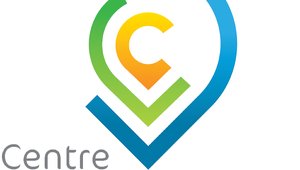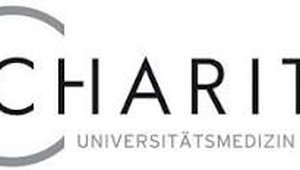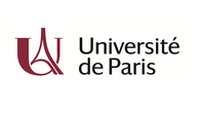The Anthropological Demography of Health
- Duration: 5 weeks
- Effort: 10 hours
- Pace: ~2 hours/week
- Languages: English
Description
Format
Prerequisites
Assessment and certification
Course plan
- Introduction
- Infertility
- Population Ageing
- Malaria
- HIV/AIDS
Course team
Organizations
Producers

Centre Virchow-Villermé for Public Health Paris-Berlin
The Centre Virchow-Villermé for Public Health Paris-Berlin is dedicated to jointly develop and promote open innovative education and to foster French-German collaborations within the European context for joint research and teaching activities in Global and Public Health.

Charité – Universitätsmedizin Berlin
Charité is one of the largest university hospitals in Europe. All of our clinical care, research and teaching is delivered by physicians and researchers of the highest international standard. Charité proudly lays claim to more than half of all German Nobel Prize winners in Physiology or Medicine, including Emil von Behring, Robert Koch, and Paul Ehrlich. Charité is internationally renowned for its excellence in teaching and training.

University of Oxford
The University of Oxford is a collegiate research university in Oxford, England. There is evidence of teaching as far back as 1096, making it the oldest university in the English-speaking world and the world's second-oldest university in continuous operation.
License
License for the course content

Attribution-NonCommercial-ShareAlike
You are free to:
- Share — copy and redistribute the material in any medium or format
- Adapt — remix, transform, and build upon the material
Under the following terms:
- Attribution — You must give appropriate credit, provide a link to the license, and indicate if changes were made. You may do so in any reasonable manner, but not in any way that suggests the licensor endorses you or your use.
- NonCommercial — You may not use the material for commercial purposes.
- ShareAlike — If you remix, transform, or build upon the material, you must distribute your contributions under the same license as the original.
License for the content created by course participants

Attribution-NonCommercial-ShareAlike
You are free to:
- Share — copy and redistribute the material in any medium or format
- Adapt — remix, transform, and build upon the material
Under the following terms:
- Attribution — You must give appropriate credit, provide a link to the license, and indicate if changes were made. You may do so in any reasonable manner, but not in any way that suggests the licensor endorses you or your use.
- NonCommercial — You may not use the material for commercial purposes.
- ShareAlike — If you remix, transform, or build upon the material, you must distribute your contributions under the same license as the original.


